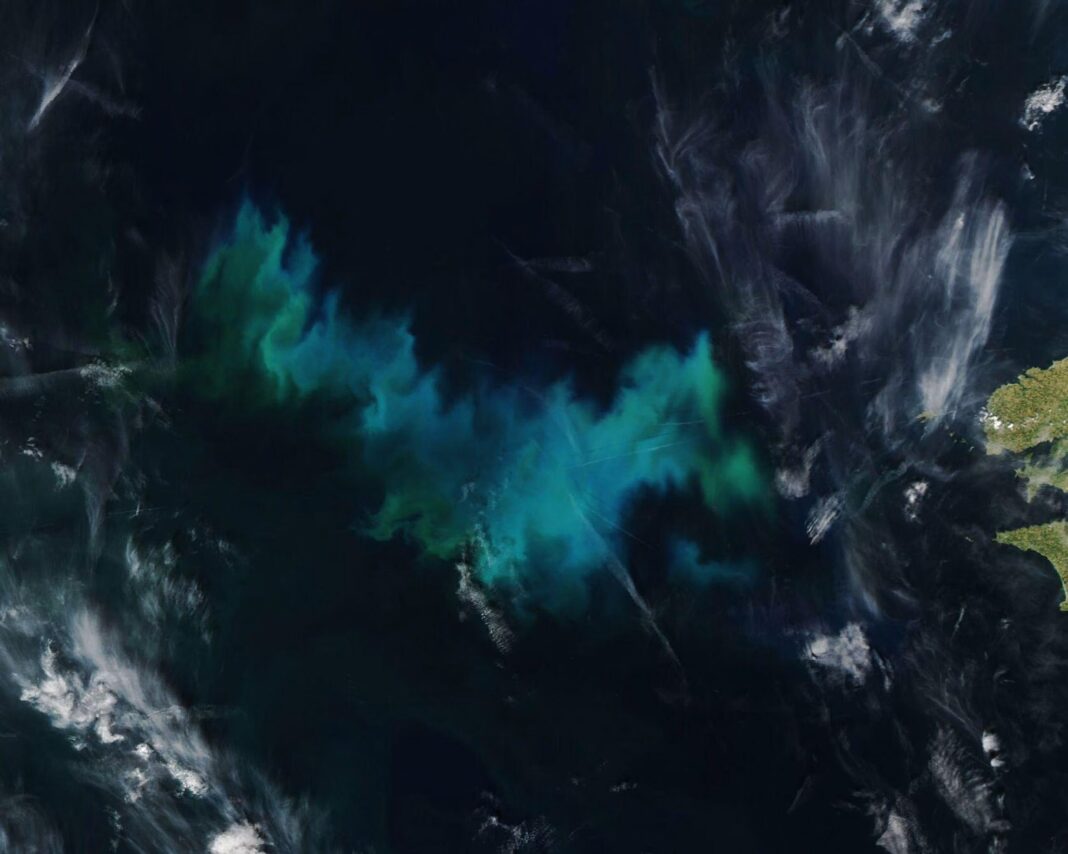That exceptional marine heatwave of 2023 — which some called “unheard of” — was not a freak occurrence outside scientific expectation, but in fact lined up closely with what climate models had long predicted. As the planet warms, scientists warn, such extreme ocean events are becoming more frequent.
In the summer that saw some parts of the UK reach 40 °C, waters off the UK and Irish coasts weren’t spared. Shallow seas, including the North Sea and Celtic Sea, stayed a full 2.9 °C above the June average for 16 days — long enough to threaten the survival of fish, shellfish, kelp, and other marine life.
A joint study by the University of Exeter, the Met Office, and the Centre for Environment, Fisheries and Aquaculture Science (Cefas) estimates there is now roughly a 10% chance each year of a marine heatwave matching or exceeding 2023’s intensity, despite how unprecedented it seemed then.
In specific regions, the jump is dramatic. In the Celtic Sea (south of Ireland), the annual chance has risen from 3.8% in 1993 to about 13.8% today. In the central North Sea, it went from 0.7% to roughly 9.8%.
While the full ecological fallout is still being studied, researchers have already reported severe disruption to phytoplankton blooms — the foundation of the marine food chain. Marine heatwaves also put stress on species and allow bacteria levels that are harmful to humans to rise.
Dr Jamie Atkins (who led the study) emphasises: “Our findings show that marine heatwaves are a problem now — not just a risk from future climate change.”
Prof Adam Scaife adds that such events are a clear example of how even steady warming leads to an exponential increase in extreme weather and ocean events.
Moreover, unusually warm seas can fuel heat on land, raising coastal air temperatures and contributing to heavy rainfall events, which makes them part of a broader climate-amplification mechanism. Read More
News Credit: The Guardian
Picture Credit: ZUMA Press, Inc./Alamy



